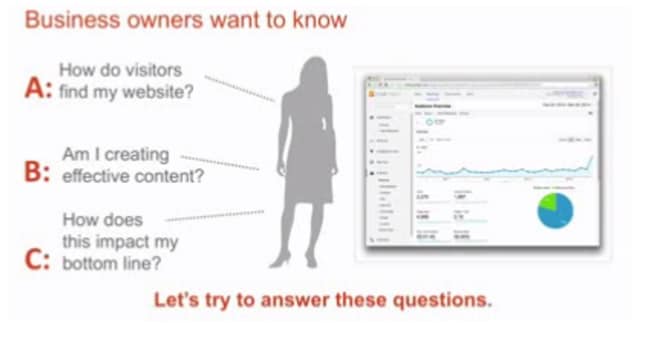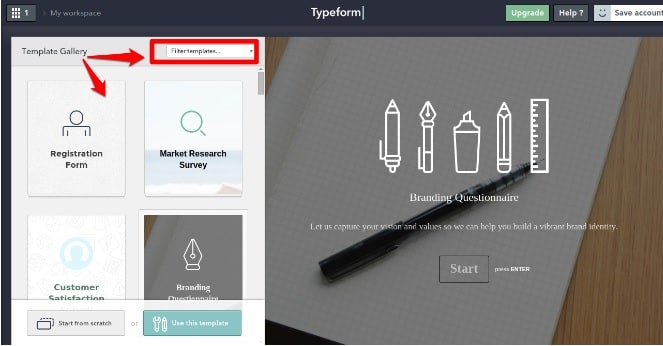Many startups with a promising beginning end up failing as a result of one mistake or the other. A quick trip to autopsy.io or this analysis of dead startups will confirm to you that there is a startup grave; it is just like real grave yards where you find dead people, both young and old, who passed away without accomplishing their great aspirations on earth.
In case of startups, this untimely death could be as a result of mistakes. I will share 9 of such mistakes with you and how to avoid them in order to prevent untimely death of your startup.
Not measuring right metrics
It is easy for startups to fall to the trap of measuring “vanity metrics” to make it look like they are successful. For example, Alexa ranking is not a true reflection that you are doing well except if you monetize your website by page views. Instead you need to know what objectives and goals are important to your business and develop the right metrics to measure it.
 Tools like Google Analytics will help you understand what is happening on your site. You can also use BuiltWith.com to check the technology profiles of reputable website to understand what they are using to make informed decisions. I wrote this guide which details the process I recommend.
Tools like Google Analytics will help you understand what is happening on your site. You can also use BuiltWith.com to check the technology profiles of reputable website to understand what they are using to make informed decisions. I wrote this guide which details the process I recommend.
Bad design that does not build trust
One of the purposes of website design is to build trust. If people don’t trust you, they will not spend money with you no matter how great your product or services are. If you take a look at websites like Konga or Jumia, you will see that they put a lot of attention to how their website looks and will sell more compare to other poorly designed stores.
Another important element of design is user experience (UX). The goal of UX design is to have an end product that is pleasant to use. In building a new product, it’s easy to focus on core functionalities and ignore other elements because you might think “as long as it works, people will use it”. That may be true, but a similar product with efficient core functions AND other elements like nicer aesthetics, ease of use will WIN more users than yours.
Not innovating with your product
To be successful, you cannot afford to simply copy another startup idea; you have to build 10X innovative ideas.
To achieve this, you have to re-think how your product solves an existing problem by not following the status quo. This way you can create an angle to differentiate your product. An example is how Facebook differentiated itself from MySpace or recently; how SnapChat, Instagram and Pinterest carve niches for themselves despite the dominance of Facebook in the photo sharing space. A local example was when PushCV launched by creating a sub-niche for itself in the already populated job marketplace despite already established market leaders.
Bad Financial metrics
According to Ade Olabode of Prognostore, “Many startups will die prematurely, not because the product is bad, but because of poor FINANCE management. In fact, this is one of the things that separate successful startups from the unsuccessful ones”. His key recommendation is for you to create a Minimum Viable Process in place. Like your Minimum Viable Product, a Minimum Viable Process implies that you keep a record system for everything so that transactions come out of the right account”.
(This is an excerpt from his class which is part of a FREE email course launching later in June)
Wasteful and uneffective PR
How do you manage PR for your startup? It is easy to fall prey to PR agencies selling costly advertising plans. The truth is that you can handle it yourself. I wrote two guides that addressed everything from TV, radio, newspaper and blog PR. You can read them here and here to give it a try.
Not using videos
Video is the new content and it is the best way to communicate how your product works to new users. Imagine if a picture is worth a thousand words, how many will a video be worth?
You can use 2D or 3D animation to create amazing intro videos. I recently worked with a bunch of amazing guys to create the intro video for a #fintech product I am involved with. Because of the importance of video in marketing for startups, I invited 2 leading video animation agencies to teach you how to use explainer videos to increase your website conversion as part of the free email course.
Not asking for customer s’ feedback
Your customers are the lifeblood of your business. You have to constantly listen to their feedback using simple survey tools like, Google Form OR SurveyMonkey, though I actually prefer Typeform.com because of its nicer UX.
If you want to bake feedback loop into your product, you can make use of qualaroo.com or intercom.io
Neglecting data-driven and competition research strategy
A data-driven decision starts with understanding what metrics to measure (and the question the metric answers for your business). For example a Google Analytic report showing a large percentage of users exiting your website after visiting a particular page should simply call your attention that a fix is need on that page.
(This image above is an example on the topic: “How to use Google Analytics to make data-driven decision and measure your startup growth” which is part of the free email course launching later this month)
Not seeking networking and mentorship opportunities
Most developers I know live solitary, anti-social lifestyle and hardly mingle. Networking events open you to new perspectives about your product development, you can also meet potential investors or co-founders that share your passion.
Another fatal mistake is to assume that you know it all; instead you can seek out mentorship opportunities like the Tony Elumelu Entrepreneurship Programme (TEEP) where mentees have access to funding, mentors, as well as free resources on the platform. Incubation hubs and accelerator programmes also offer these opportunities you can take advantage of.
These are not the only mistakes that startups make, there are other mistakes to be wary of while building your startup.
For a limited time, you can sign up for the free email course, “How To Launch A Startup In 1 Month” which is due to start on 20th June so you can learn more about concepts like this. The pilot class is still open for registration.
Photo Credit: Don Voaklander via Compfight cc









